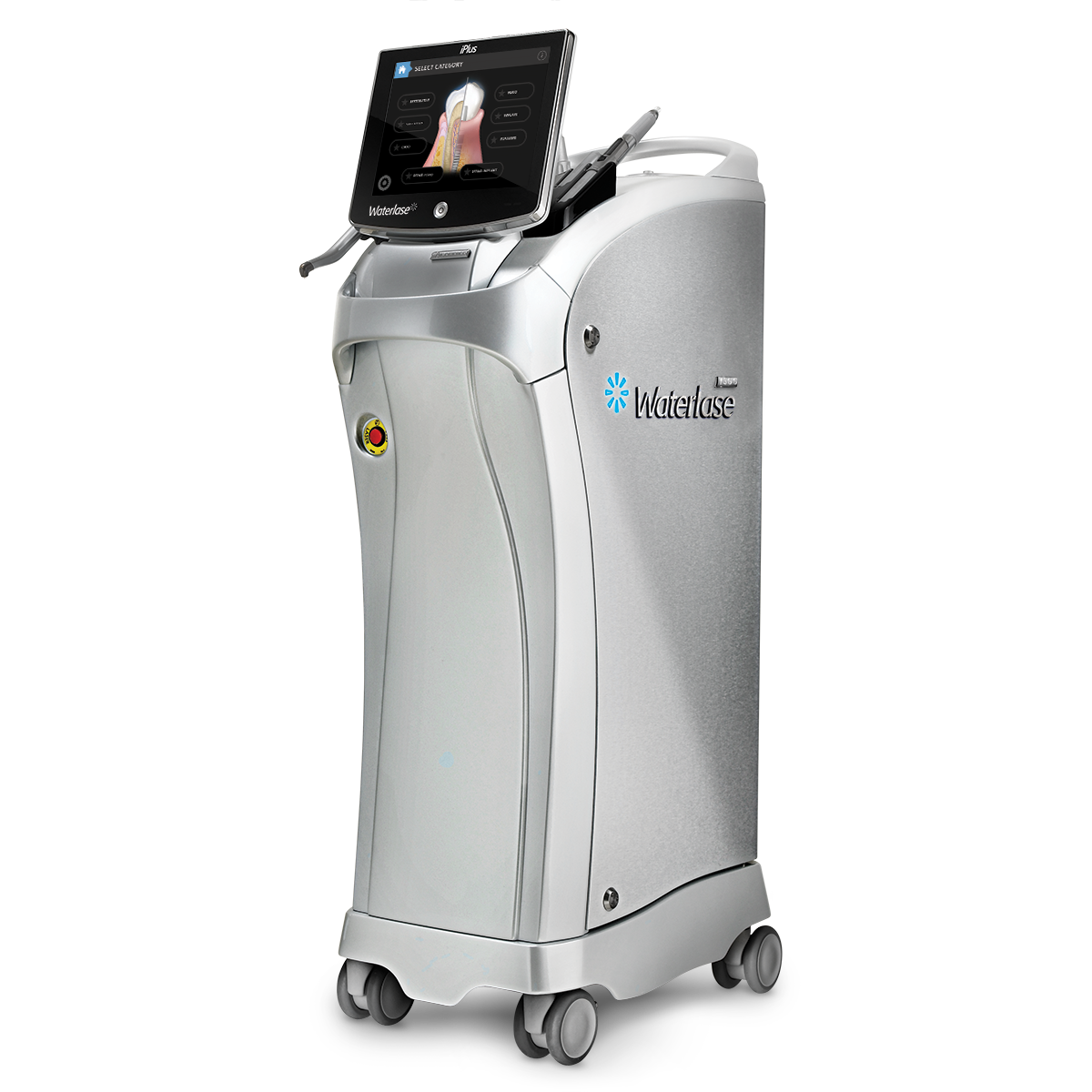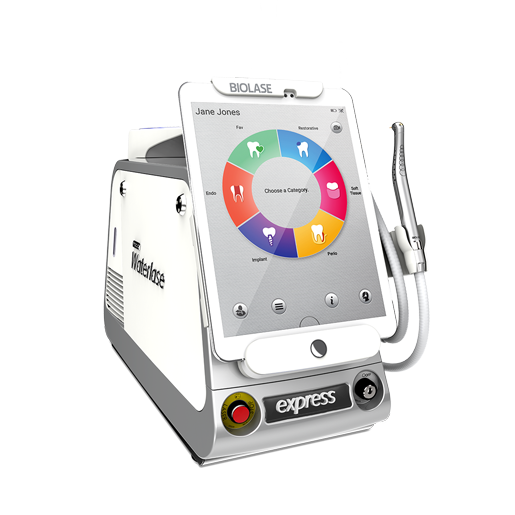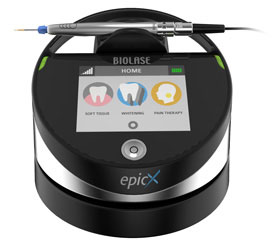Has it ever happened to you? You discover that your jaw hurts, or aches, and you’re not sure why. With or without knowing it, most people clench their teeth every so often, and it usually isn’t an issue. But when it gets to the point where your jaw hurts, you may be clenching even more than you realize; and that can spell trouble for your mouth.
Clenching or teeth grinding is called bruxism. It can happen when you are stressed or anxious. If you catch yourself doing it, you can try to stop, and address the stressful trigger. But it can also occur while you’re sleeping. If you wake up with a sore jaw, or a constant, dull headache, and there is no obvious reason, then this may be a clue.
For definitive proof, ask your dentist. They will look at your teeth for the telltale signs of bruxism, including joint pain, and unusual tooth wear.
Addressing bruxism is necessary, and not just to relieve the pain. Chronic teeth grinding can cause your teeth to become loose to the point of losing your teeth! In other instances, you can grind them so much that your teeth are gradually reduced to stumps, meaning that you could need crowns, root canals, implants, bridges, or dentures to address the problem. But that’s not all. Because teeth grinding also affects your jaw, without treatment you may experience problems smiling, chewing, or biting. The appearance of your face can change, and you could even experience hearing loss.
However, by visiting your dentist when you suspect you are grinding your teeth, you don’t have to let your condition progress to such extremes. Not only can they tell you if you are bruxing, they can help you to minimize it or stop it altogether. Some courses of action include the following:
- Use a mouth guard: Wearing a mouth guard, as instructed by your dentist, can physically prevent you from grinding your teeth at night.
- Reduce stress: As stress can be a factor in teeth grinding when awake, you need to reduce your stress. Try visiting a counselor, begin exercising, see a massage therapist, or ask your doctor for other methods to help you relax.
- Avoid certain foods: Eating or drinking anything containing caffeine, such as coffee, tea, colas, or chocolate can interfere with a good night’s sleep, and can cause bruxism to intensify. Also avoid alcohol; although you may think it will help you relax, it can actually increase bruxism when sleeping.
- Retrain yourself: Over time, you unconsciously and unintentionally developed the habit of grinding your teeth. But what was done can become undone. Be aware of when you start to grind your teeth so that you can stop yourself from doing it. Don’t chew on pencils or pens, gum, chewing tobacco, or anything that isn’t food to reduce the probability of an aching jaw. When you notice that you are clenching your teeth, place the tip of your tongue between your teeth to help your jaw muscles relax. Finally, relax your jaw muscles by holding a very warm cloth on your cheek in front of your earlobe.
- Continue to visit your dentist: They can monitor your progress and adjust your treatment as needed.
Your dentist is not there simply to clean your teeth and fill cavities. There are many dental issues that negatively affect other areas of your physical being. Getting effective dental care can improve your overall health, and that’s great for everyone.



